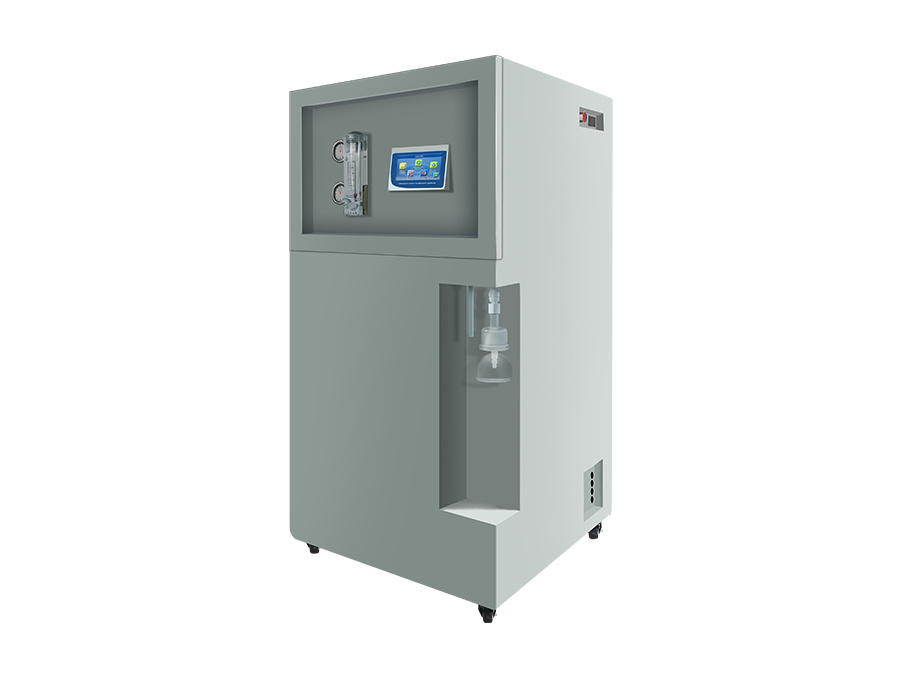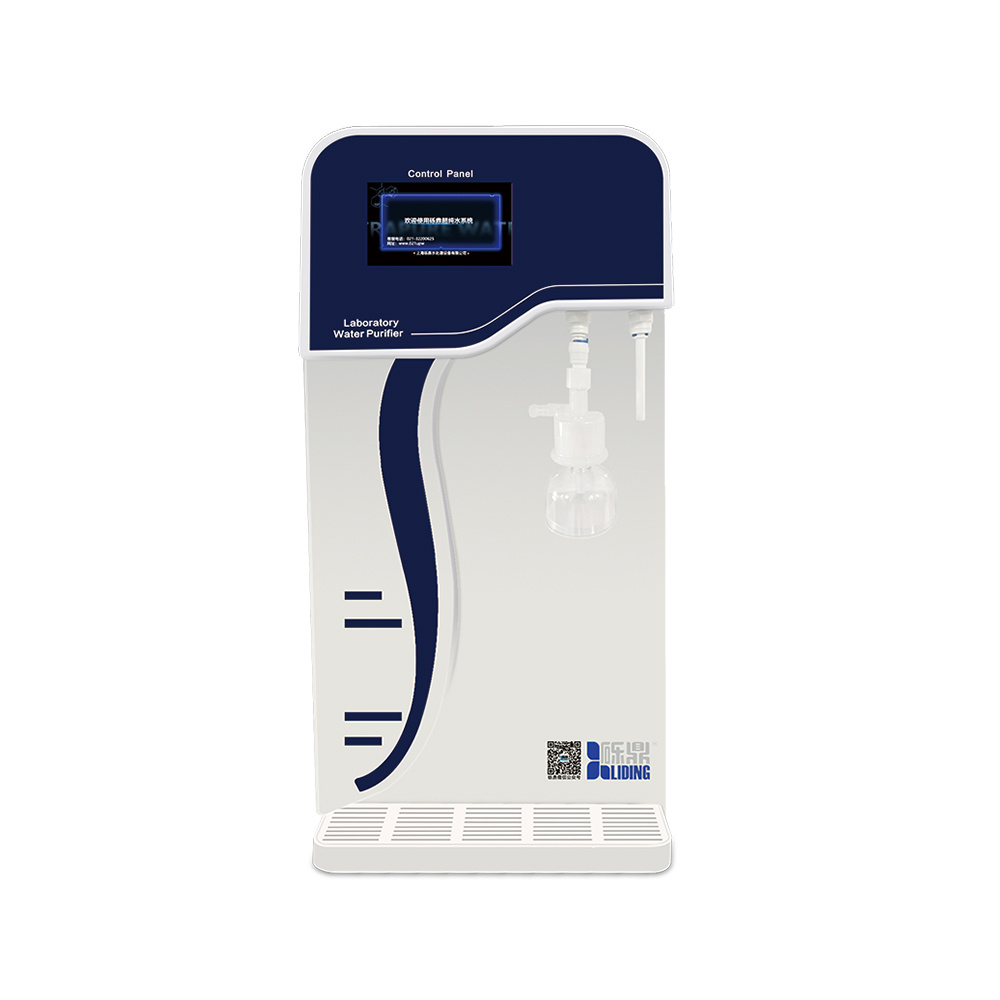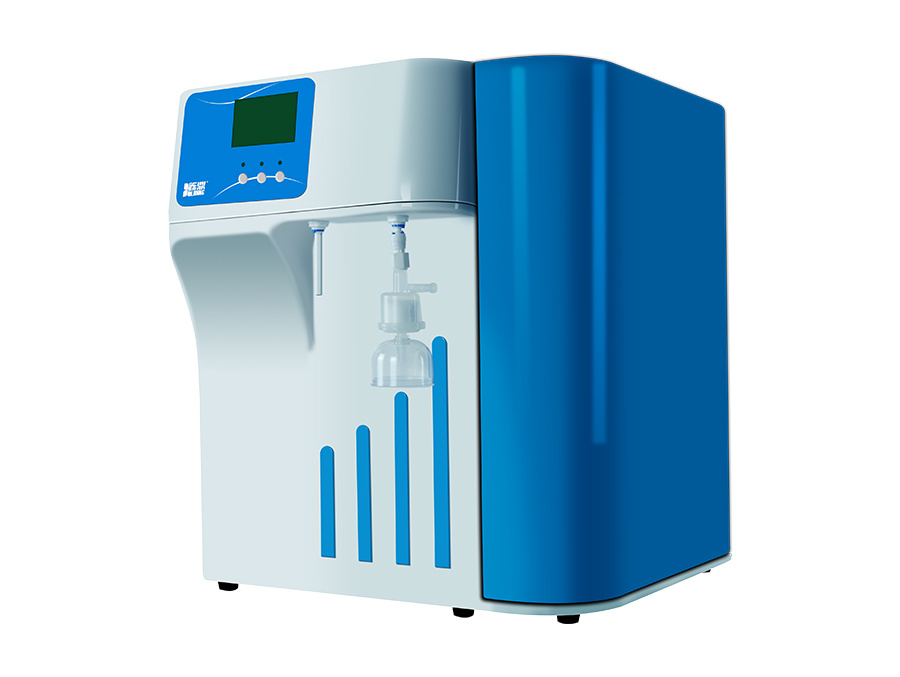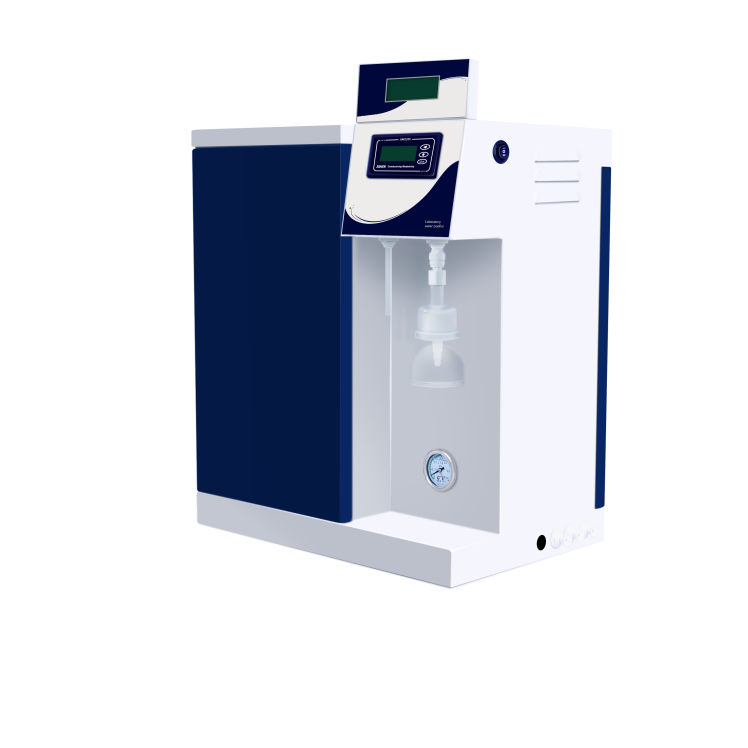Top 5 Essential Features to Look for in an Ultrapure Water System
Time:
Jun 17,2025
Top 5 Essential Features to Look for in an Ultrapure Water System
When it comes to industrial applications, the quality of water is paramount, especially for processes requiring **ultrapure water systems**. These systems are essential in industries such as pharmaceuticals, electronics manufacturing, and laboratories, where even the slightest impurities can compromise product quality. In this article, we will explore the **top five features** that you should consider when selecting an ultrapure water system to ensure you make the best choice for your operational needs.
Table of Contents
- 1. High-Quality Filtration Technology
- 2. Real-Time Monitoring Capabilities
- 3. Energy Efficiency and Sustainability Features
- 4. Customization and Scalability Options
- 5. Comprehensive Maintenance and Support Services
- FAQs about Ultrapure Water Systems
- Conclusion
1. High-Quality Filtration Technology
When evaluating ultrapure water systems, the **filtration technology** employed is one of the most crucial factors. An effective ultrapure water system should incorporate several filtration stages, including:
Reverse Osmosis (RO)
RO is a widely accepted technology used to remove large contaminants and dissolved solids from water. It operates by forcing water through a semipermeable membrane, allowing only pure water to pass through while trapping impurities. A high-quality RO system can achieve a rejection rate of up to **99.9%** of contaminants.
Deionization (DI)
DI systems are essential for removing ionic impurities. They utilize resin beds that exchange ions in the water for hydrogen and hydroxyl ions, producing pure water free from dissolved salts. Combining RO and DI processes ensures the highest water quality.
Ultrafiltration (UF)
UF is a membrane filtration process that removes bacteria and larger organic molecules. This technology serves as an excellent pre-treatment step to enhance the efficiency of subsequent processes, ensuring that the water is free from larger particulate matter before reaching the RO stage.
By investing in a system that integrates these advanced filtration technologies, you will significantly enhance the quality of ultrapure water produced, vital for sensitive industrial processes.
2. Real-Time Monitoring Capabilities
The effectiveness of an ultrapure water system goes hand-in-hand with its ability to monitor water quality in **real-time**. Systems equipped with advanced monitoring technologies allow operators to keep track of various water quality parameters, including conductivity, total organic carbon (TOC), and pH levels.
Conductivity Monitoring
Monitoring conductivity is crucial because it provides real-time insights into the concentration of dissolved salts and ionic impurities in water. A system should include **conductivity meters** that alert operators when water quality begins to deteriorate, enabling proactive measures to maintain purity.
Total Organic Carbon (TOC) Monitoring
TOC monitoring is essential for industries where organic compounds can contaminate the final product. An ultrapure water system should feature TOC analyzers to detect organic impurities quickly, ensuring that they remain within acceptable limits.
Remote Monitoring Features
In today’s interconnected world, remote monitoring capabilities are increasingly valuable. A system with cloud connectivity allows operators to access data from anywhere, facilitating timely decision-making and ensuring compliance with industry regulations.
Real-time monitoring not only enhances the efficiency of the system but also contributes to overall operational reliability, reducing downtime and ensuring continuous supply of ultrapure water.
3. Energy Efficiency and Sustainability Features
Sustainability and energy efficiency are increasingly important in industrial processes. The ultrapure water system you choose should have features that minimize energy consumption while maximizing performance.
Energy Recovery Systems
Look for systems that incorporate **energy recovery technology**, such as pressure exchangers, which can recover energy from the brine stream in RO processes. This reduces the overall energy consumption of the system, making it more environmentally friendly and cost-effective.
Low Energy Consumption Components
Evaluate the components used in the ultrapure water system, such as pumps and motors. Systems designed with high-efficiency components can significantly reduce energy usage, leading to lower operational costs.
Sustainable Water Practices
A good ultrapure water system should also implement sustainable practices, such as water reuse and recycling. Systems that allow for the recovery and reuse of purified water not only contribute to sustainability goals but also enhance operational efficiency.
Investing in an ultrapure water system with energy-efficient and sustainable features not only benefits the environment but also positively impacts your bottom line.
4. Customization and Scalability Options
Every industrial application is unique, and the ultrapure water system you choose should be customizable to meet your specific requirements.
Tailored System Design
A reputable provider should offer the ability to customize components, filtration stages, and control systems based on your operational needs. Tailored designs ensure that the system aligns with your specific production capacities and water quality requirements.
Scalability for Future Expansion
As your operations grow, your water needs may change. A scalable ultrapure water system allows for easy expansion or upgrades without the need for a complete overhaul. Look for systems that can integrate additional filtration stages or increase production capacity as needed.
The ability to customize and scale your ultrapure water system ensures that you can adapt to changing demands without compromising water quality or operational efficiency.
5. Comprehensive Maintenance and Support Services
Choosing an ultrapure water system is not just about the initial investment; it is also about the long-term support you receive. Comprehensive maintenance and support services are essential for ensuring the longevity and optimal performance of your system.
Proactive Maintenance Plans
Inquire about the maintenance plans offered by system providers. Proactive maintenance schedules, including regular inspections and timely replacements of critical components, are crucial to preventing unexpected downtime and costly repairs.
Technical Support and Training
The provider should offer robust technical support, including training for your staff on system operation and troubleshooting. Well-trained personnel can identify issues early, ensuring that your ultrapure water system operates at peak performance.
Spare Parts Availability
Ensure that spare parts for your ultrapure water system are readily available from the manufacturer or supplier. Quick access to necessary components can significantly reduce downtime and keep your operations running smoothly.
Investing in an ultrapure water system with comprehensive maintenance and support services not only enhances reliability but also provides peace of mind for your operations.
FAQs about Ultrapure Water Systems
What is an ultrapure water system?
An ultrapure water system is designed to produce water that meets stringent purity standards, suitable for sensitive applications in industries such as pharmaceuticals, electronics, and laboratories.
How does an ultrapure water system work?
Ultrapure water systems typically employ several filtration processes, including reverse osmosis, deionization, and ultrafiltration, to remove impurities and produce high-quality water.
What industries use ultrapure water systems?
Industries that require ultrapure water include pharmaceuticals, semiconductor manufacturing, power generation, and laboratories. Each industry has specific quality requirements that the ultrapure water system must meet.
How can I determine the right ultrapure water system for my needs?
Evaluate factors such as water quality requirements, production capacity, required features, and budget. Consulting with a supplier or provider can also help identify the best solution for your specific needs.
What maintenance is required for ultrapure water systems?
Regular maintenance includes replacing filters, checking membrane performance, monitoring water quality parameters, and performing routine inspections to ensure optimal system function.
Conclusion
In conclusion, selecting the right ultrapure water system is critical for industries that cannot compromise on water quality. By focusing on the **top five features**—high-quality filtration technology, real-time monitoring capabilities, energy efficiency and sustainability features, customization and scalability options, and comprehensive maintenance and support services—you can ensure that your ultrapure water system meets your operational needs effectively and efficiently. Investing in a system that embodies these features will not only enhance your production processes but also ensure compliance with industry standards, promoting a more sustainable and efficient future for your operations.
RELATED NEWS








